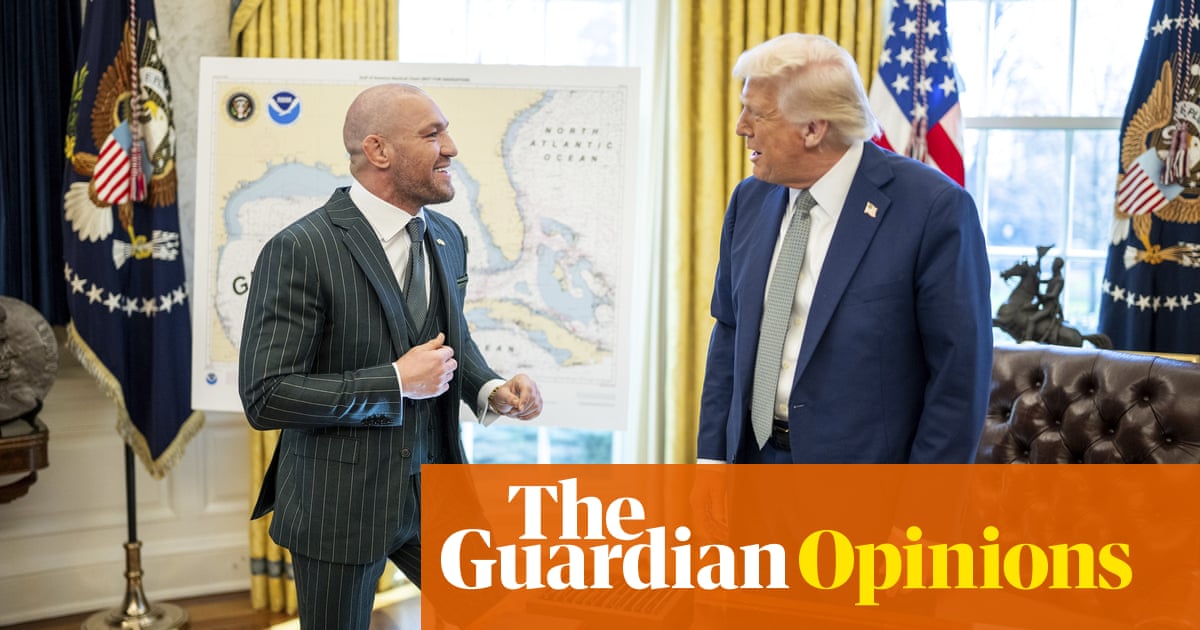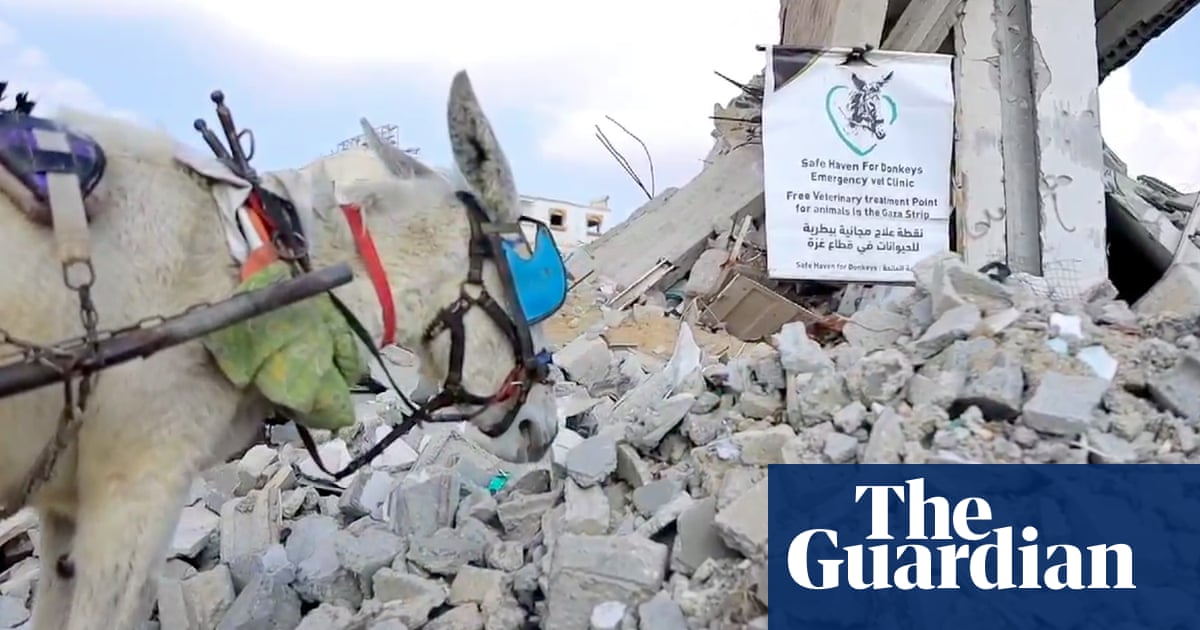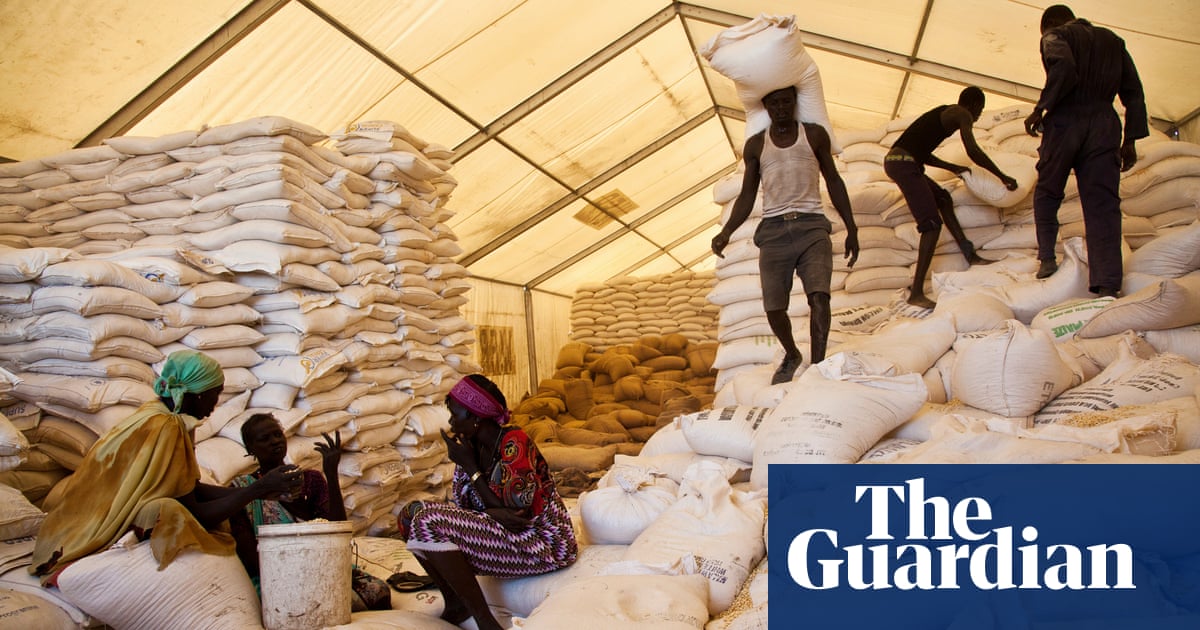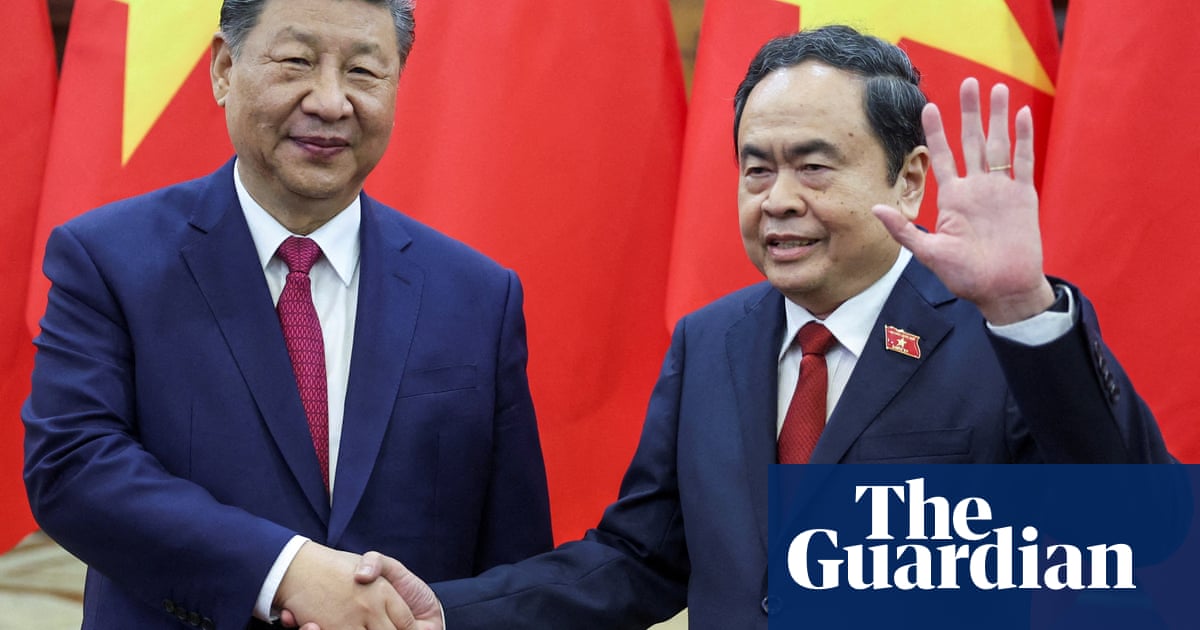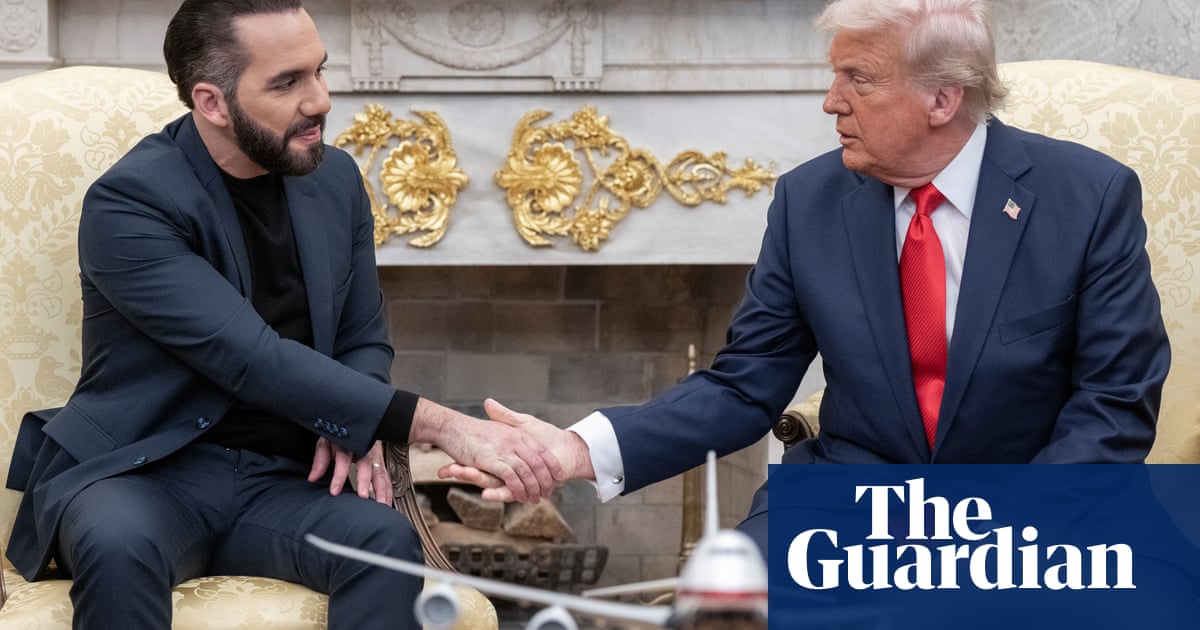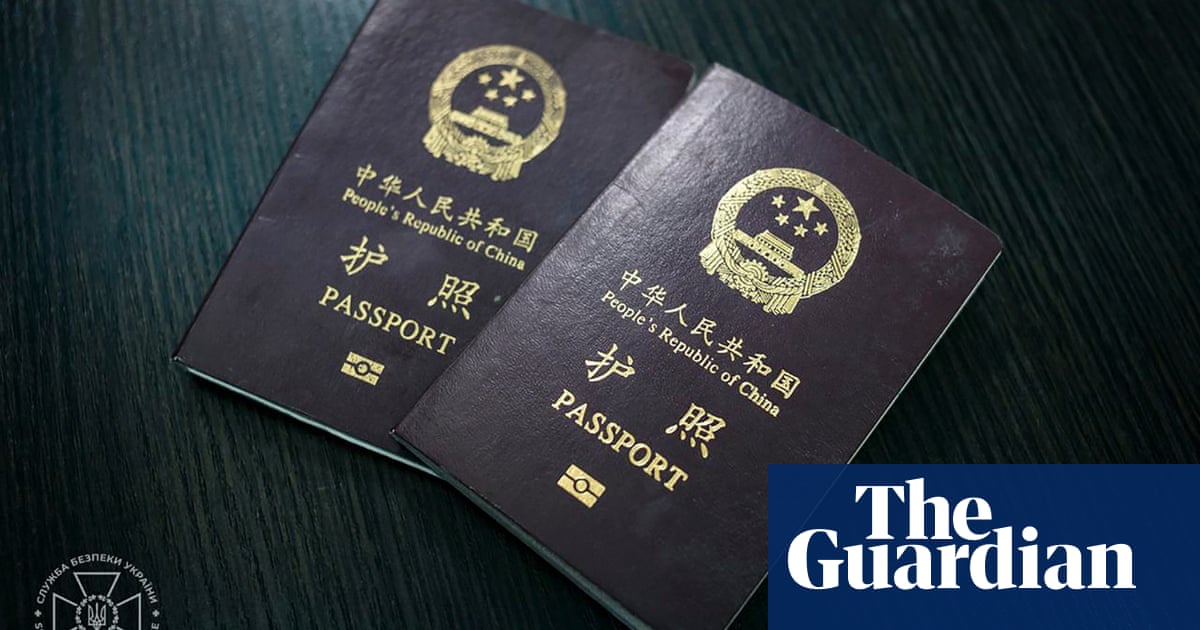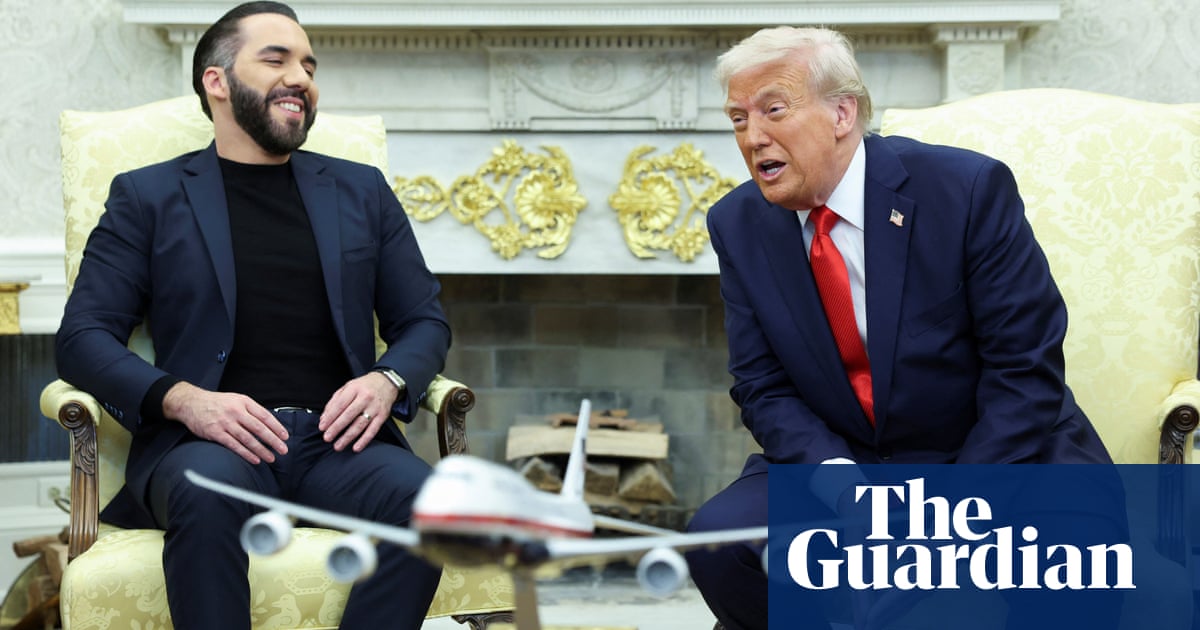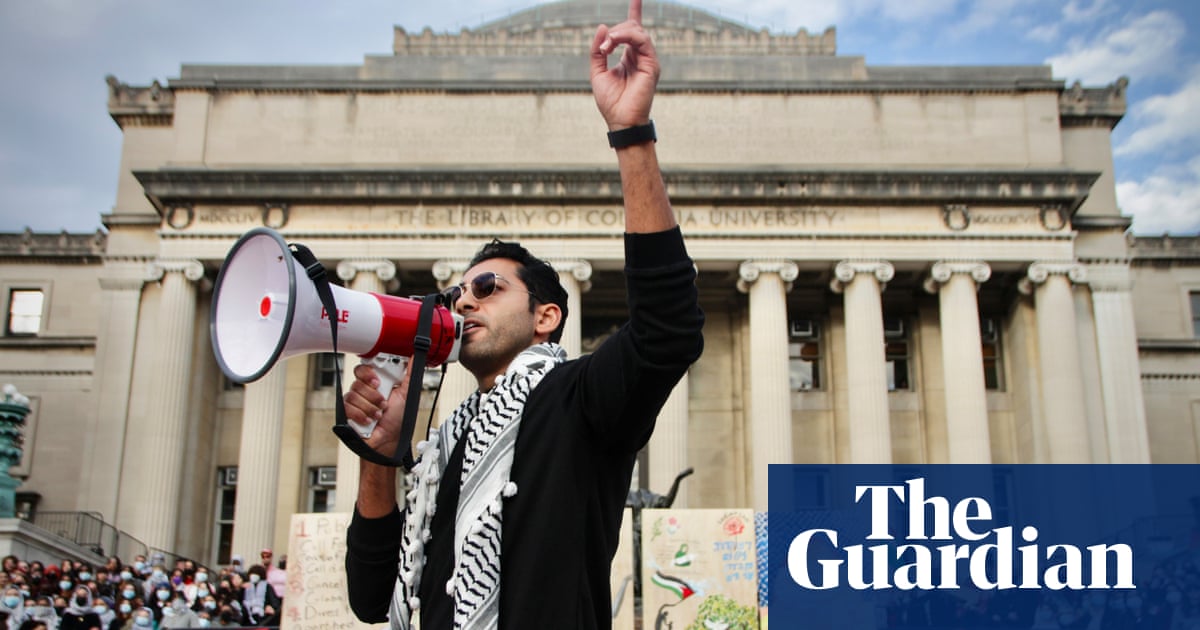The Chinese president, Xi Jinping, will visit Vietnam on Monday as he begins a tour of south-east Asia where he will seek to strengthen ties with neighbouring countries amid an escalating trade war.
Xi will visit Vietnam from Monday, before travelling to Malaysia and Cambodia, a high profile tour that Chinese officials have described as being of “major importance”.
China will probably use the visit to emphasise that it is a stable partner – contrasting itself with Washington which imposed, then suspended, punishing tariffs across south-east Asia, an export-reliant region, in an announcement that sent shockwaves through global markets.
Vietnam, a manufacturing powerhouse, and Cambodia, where the garments and footwear sector is crucial to the economy, were among the worst hit by US tariffs, set at 46% and 49% respectively.
It is expected that China will sign dozens of deals with Vietnam on Monday including possible investment and cooperation arrangements to develop its railway network.
On Sunday, China called on the US to “completely cancel” its 145% tariffs, which remain in place for Chinese imports to the US, except in relation to consumer electronics and key chipmaking equipment.
“We urge the US to … take a big step to correct its mistakes, completely cancel the wrong practice of ‘reciprocal tariffs’ and return to the right path of mutual respect,” a commerce ministry spokesperson said in a statement. Retaliatory Chinese-imposed tariffs of 125% on US goods took effect Saturday.
During Xi’s tour of neighbouring countries, China will probably “try to position itself as the responsible leader of the rules based trade system while painting the US as a rogue nation intent on taking a sledgehammer to trade relationships,” said Stephen Olson, a former US trade negotiator, who is now a visiting senior fellow at the ISEAS – Yusof Ishak Institute.
It is unclear if meaningful, concrete agreements would emerge from the meetings, but they would be symbolically important, Olson added.
For officials in Hanoi, the visit will form part of a delicate balancing act between China and the US, both of which are important economic partners.
The US is a crucial export market for south-east Asia and a security partner that serves as a counterbalance to China’s assertiveness in the disputed South China Sea. However trade in the region is closely intertwined with China, with countries from the regional bloc, the Association of Southeast Asian Nations, counting as the biggest recipient of Chinese exports last year, according to China’s customs data.
There are concerns in the region that the 145% tariff imposed on China by the US could lead to a flood of cheap Chinese goods to nearby countries, undermining local industry.
Vietnam, and many others in the region, have traditionally sought to avoid taking sides between the US and China, and will want to avoid antagonising either party, especially as it tries to persuade Washington to lower its 46% tariff.
Vietnam, where US exports account for 30% of GDP, had already made several concessions in the run-up to the tariff announcement, and was shocked by the severity of the tariff announced earlier this month.
It has since sent the deputy prime minister, Ho Duc Phoc, to Washington, offered to remove all tariffs on US imports and promised to buy more US goods, including defence and security products. Vietnam is also preparing to crack down on Chinese goods being shipped from its territory to the US and tighten controls on sensitive exports to China, according to a Reuters report. This includes stricter rules relating to the export of dual-use goods such as semiconductors, which can be used for both civilian and military purposes, it reported.
Vietnam was considered by many to be a winner in the trade war that occurred under the last Trump administration, as many companies moved there from China to skirt tariffs imposed by the US. However, this caused Vietnam’s trade surplus with the US to surpass $123bn (£94bn), leaving it especially vulnerable in the latest tariff announcement.
Vietnam, a communist one party state, has set an ambitious target of becoming a high-income nation by 2045 – a goal driven by its exports which would be derailed by the 46% tariff.
Cambodia and Malaysia are also seeking to negotiate with Trump. The US tariffs could devastate Cambodia’s garment industry, which employs 750,000 workers. Cambodia is especially exposed as exports to the US account for 25% of the country’s GDP.
While Xi last visited Vietnam in December, he has not travelled to Cambodia and Malaysia in nine and 12 years respectively. China’s foreign ministry spokesperson, Lin Jian, said the visit to Malaysia would mark “an important milestone” for the two countries, while describing Cambodia as an “iron-clad friend”.
The Malaysian communications minister, Fahmi Fadzil, said Xi’s visit was “part of the government’s efforts … to see better trade relations with various countries including China”.
Cambodia is one of China’s strongest allies in the region and it recently announced the completion of a China-backed project to upgrade a major naval base.
The country’s prime minister, Hun Manet, who took the reins from his dictator father Hun Sen in 2023, said at the recent inauguration of a Chinese-funded road that “Cambodian-Chinese ties have not changed”.
Xi’s visits form part of a wider charm offensive pursued by China in the wake of the trade war. The Chinese leader also vowed to deepen his country’s strategic partnership with Indonesia in a call with the country’s president, Prabowo Subianto, on Sunday, China’s official Xinhua news agency reported.
On Friday, Xi told the Spanish prime minister, Pedro Sánchez, during a meeting in Beijing that China and the EU should “jointly oppose unilateral acts of bullying”, Xinhua reported.
China’s premier, Li Qiang, also spoke by phone with the European Commission president, Ursula von der Leyen, last week, in talks that emphasised the responsibility of both parties to support a “strong reformed trading system, free, fair and founded on a level playing field”.

.png) 1 day ago
7
1 day ago
7


